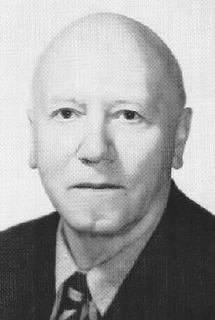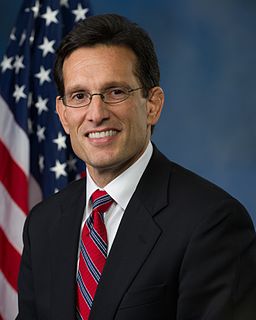A Quote by Bertolt Brecht
We often do not know ourselves the grounds On which we act, though plain to others.
Related Quotes
We cannot ultimately specify the grounds (either metaphysical or logical or empirical) upon which we hold that our knowledge is true. Being committed to such grounds, dwelling in them, we are projecting ourselves to what we believe to be true from or through these grounds. We cannot therefore see what they are. We cannot look at them because we are looking with them.
The remarkable thing is that we really love our neighbor as ourselves: we do unto others as we do unto ourselves. We hate others when we hate ourselves. We are tolerant toward others when we tolerate ourselves. We forgive others when we forgive ourselves. We are prone to sacrifice others when we are ready to sacrifice ourselves.
Do you know what I am going to tell you, he said with his wry mouth, a pint of plain is your only man. Notwithstanding this eulogy, I soon found that the mass of plain porter bears an unsatisfactory relation to its toxic content and I subsequently became addicted to brown stout in bottle, a drink which still remains the one that I prefer the most despite the painful and blinding fits of vomiting which a plurality of bottles has often induced in me.
None of us constitutes a material whole, identical for everyone, which a person has only to go look up as though we were a book of specifications or a last testament; our social personality is a creation of the minds of others. Even the very simple act that we call "seeing a person we know" is in part an intellectual one. We fill the physical appearance of the individual we see with all the notions we have about him, and of the total picture that we form for ourselves, these notions certainly occupy the greater part.
The choice to follow love through to its completion is the choice to seek completion within ourselves. The point at which we shut down on others is the point at which we shut down on life. We heal as we heal others, and we heal others by extending our perceptions past their weaknesses. Until we have seen someone’s darkness, we don’t really know who that person is. Until we have forgiven someone’s darkness, we don’t really know what love is. Forgiving others is the only way to forgive ourselves, and forgiveness is our greatest need.
For where is the man that has incontestable evidence of the truth of all that he holds, or of the falsehood of all he condemns; or can say that he has examined to the bottom all his own, or other men's opinions? The necessity of believing without knowledge, nay often upon very slight grounds, in this fleeting state of action and blindness we are in, should make us more busy and careful to inform ourselves than constrain others.
Most people have come to prefer certain of lifes experiences and deny and reject others, unaware of the value of the hidden things that may come wrapped in plain and even ugly paper. In avoiding all pain and seeking comfort at all costs, we may be left without intimacy or compassion; in rejecting change and risk we often cheat ourselves of the quest; in denying our suffering we may never know our strength or our greatness







































